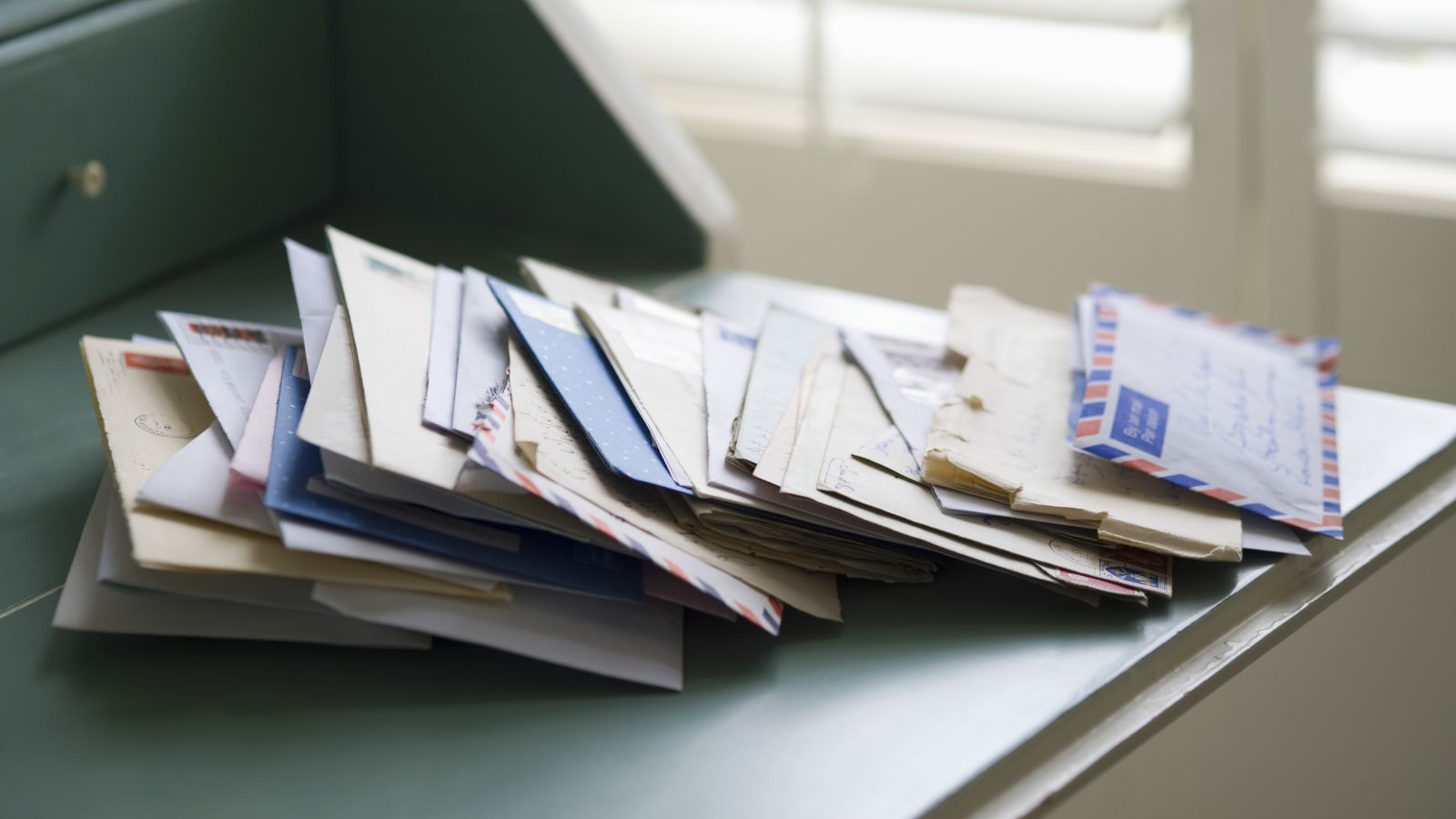A kitchen countertop is a place for preparing food, so most of its space should be kept clear. Food, excessive utensils, and spices should be kept away from the countertop. To ensure your countertop is clean and tidy, here are 18 things to avoid storing on it.
Raw Meat and Poultry

Yummy.ph notes that raw meat and poultry sitting on a kitchen countertop can cause billions of bacteria to multiply that cannot all be killed by cooking. Raw meat and poultry should be stored and defrosted in the fridge at a constant temperature.
Household Cleaning Products

Cleaning products should not be kept on the countertop, as they could contaminate food and be potentially hazardous for young children and pets. They are best stored under the sink or in a utility closet to avoid the risk of contamination.
Medications and Vitamins

Vitamins and medications should not be left on the kitchen countertop out of their packaging or bottles. Exposure to heat and moisture can degrade their potency, so they are best stored in their packaging in a cool, dry cabinet.
Baked Goods

Unsealed baked goods can quickly become stale when they are exposed to air on the kitchen countertop. Martha Stewart recommends storing cookies, brownies, cupcakes, and bread in airtight containers at room temperature.
Pet Food

Be Chewy recommends storing opened dry pet food in an airtight container, as it will go rancid if exposed to air for too long. Wet food in cans can be stored for years if unopened, but it should be kept in a cool, dark cupboard, not on the countertop.
Cooking Oils Exposed to Light and Heat

The Kendall Reagan Nutrition Center warns that the “quickest way to damage stored oil is to expose it to heat, air, and light,” causing the oil to break down and lose nutrients. It’s best to store cooking oils in a cool, dark cupboard in their container.
Excessive Cooking Gadgets and Utensils

Excessive cooking utensils and gadgets on the countertop will clutter your available workspace, making cooking more difficult. They will also pick up dust and grime over time, so infrequently used items should be stored in drawers or cabinets.
Certain Fresh Fruits and Vegetables

Some fruits and vegetables can spoil quickly at room temperature and attract fruit flies and insects. Better Homes & Gardens recommends storing citrus fruits, mushrooms, and zucchini in the fridge to keep them fresh for longer.
Spices and Herbs

Spices and herbs can lose flavor and potency when exposed to light and heat on the countertop, so they are best stored in a spice rack in a cool, dark cupboard. If there is no space for a spice rack in your cupboards, place it in an area of the countertop that’s not exposed to direct sunlight.
Plastic Bags and Wraps

Plastic bags and zip bags are useful items in a kitchen, but they create visual clutter on a countertop that can be unsightly and are difficult to organize when loose. They are better stored in a drawer in the kitchen.
Coffee Beans and Grounds

Beans exposed to air, light, and moisture can lose flavor and potency. The National Coffee Association argues that the best way to store coffee beans is in “an opaque, air-tight container at room temperature,” away from the oven and the countertop.
Soaked Sponges and Dishcloths

Soaked sponges and dishcloths left on the countertop are breeding grounds for bacteria and mold. They should be wrung out and hung up on a holder to let them dry and improve airflow. An organizer that drains water directly into the sink is an excellent place to store them.
Non-Kitchen Decorative Items

Decorative items, whether made of ceramic, metal, or plastic, take up valuable workspace on the countertop, creating clutter. They are also at risk of being damaged, so they should be kept on shelves in other rooms.
Paperwork and Mail

It may be tempting to store documents and mail on the countertop, but they will be at risk of spills and stains and will make the surface look cluttered and disorganized. They are better stored in another room where they are less likely to be lost or damaged.
Wine Bottles

Sunlight and heat can spoil wine, so bottles should be stored horizontally to prevent air from entering the bottle. Wineware recommends storing wine in a wine cabinet, but a wine rack can also work as long as it is in a cool, dark place.
Open Containers of Flour and Sugar

Open packets of flour and sugar can attract ants and weevils, even if they are in a cupboard. They can easily spill if kept on the countertop, so they are best stored in glass, airtight containers in a cool, dark cupboard.
Knives

Knives should never be left loose on the countertop. To avoid cuts, they should be stored in a drawer in a knife holder, which will prevent them from becoming dull. A magnetic knife strip above the countertop is a good alternative if there isn’t enough drawer space in the kitchen.
Mug Tree

When preparing food, a mug tree on the counter will get in the way, and the mugs will collect dust. Apartment Therapy recommends storing them in a cabinet, using C hooks inside or on their underside if there isn’t enough space.

